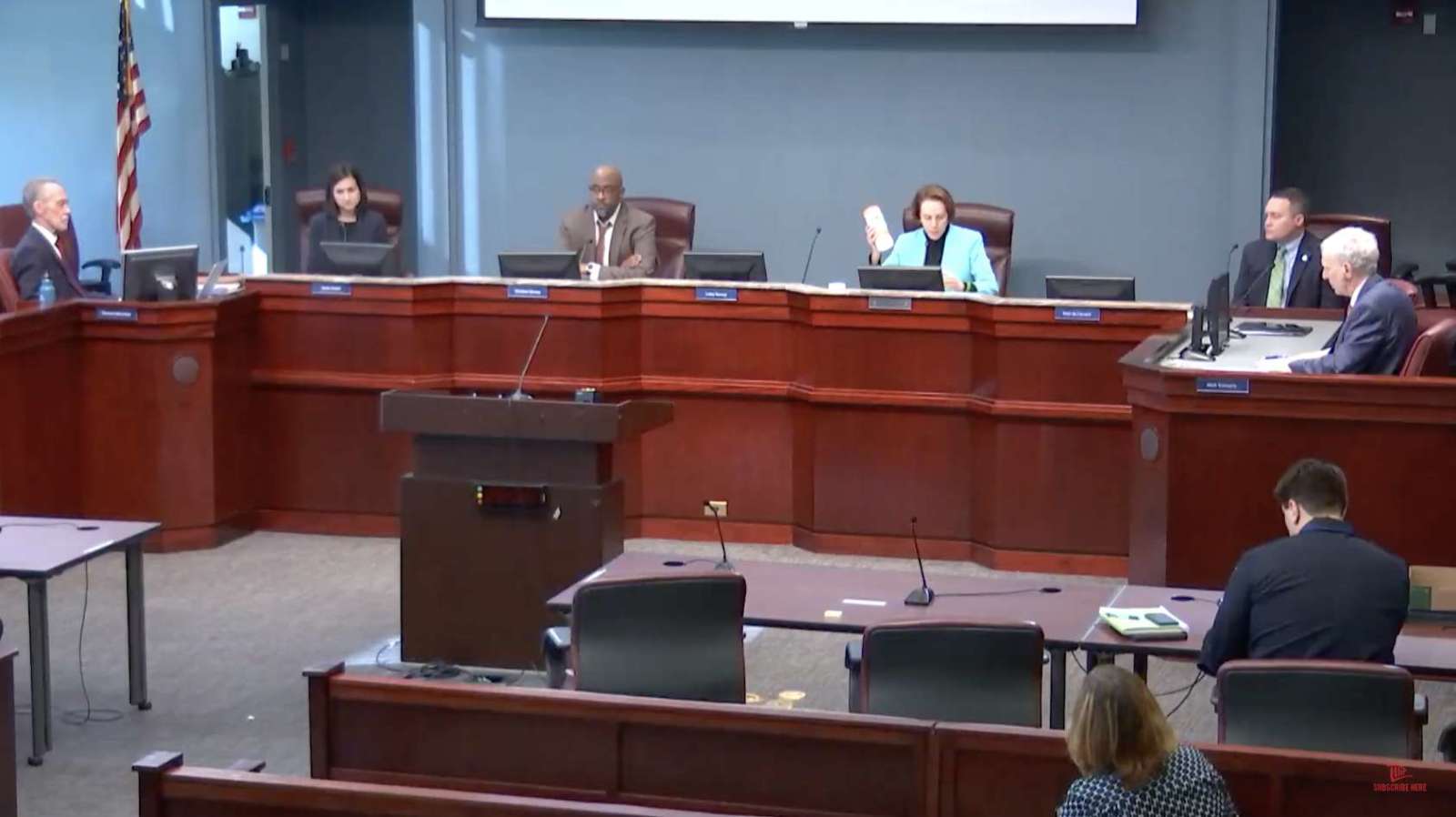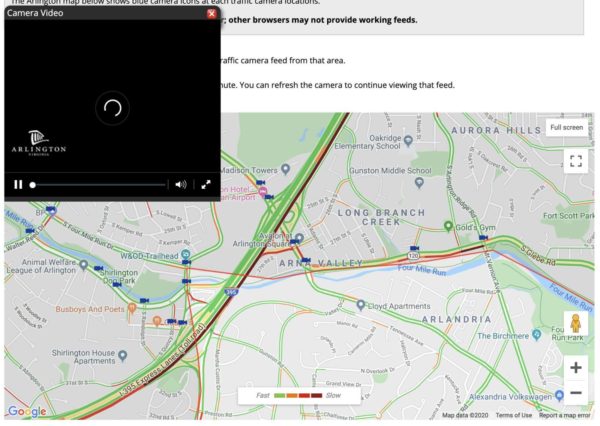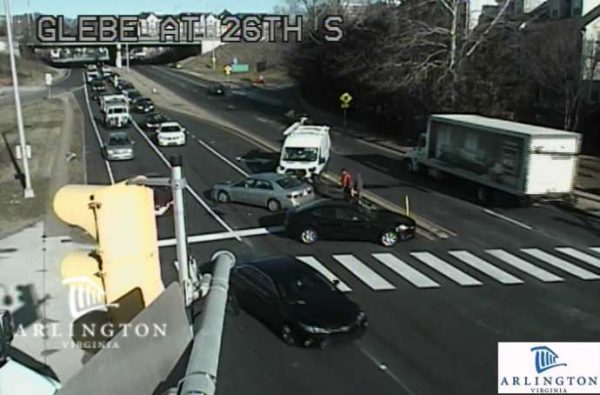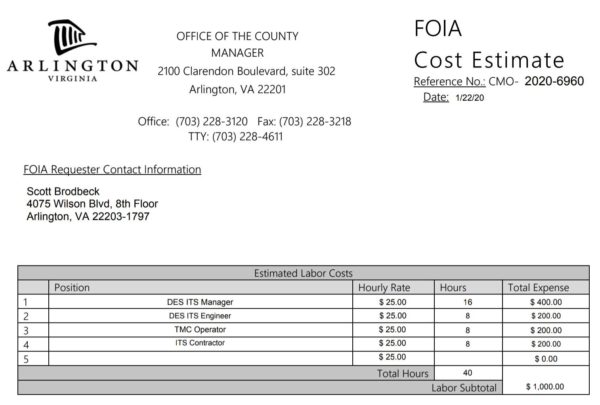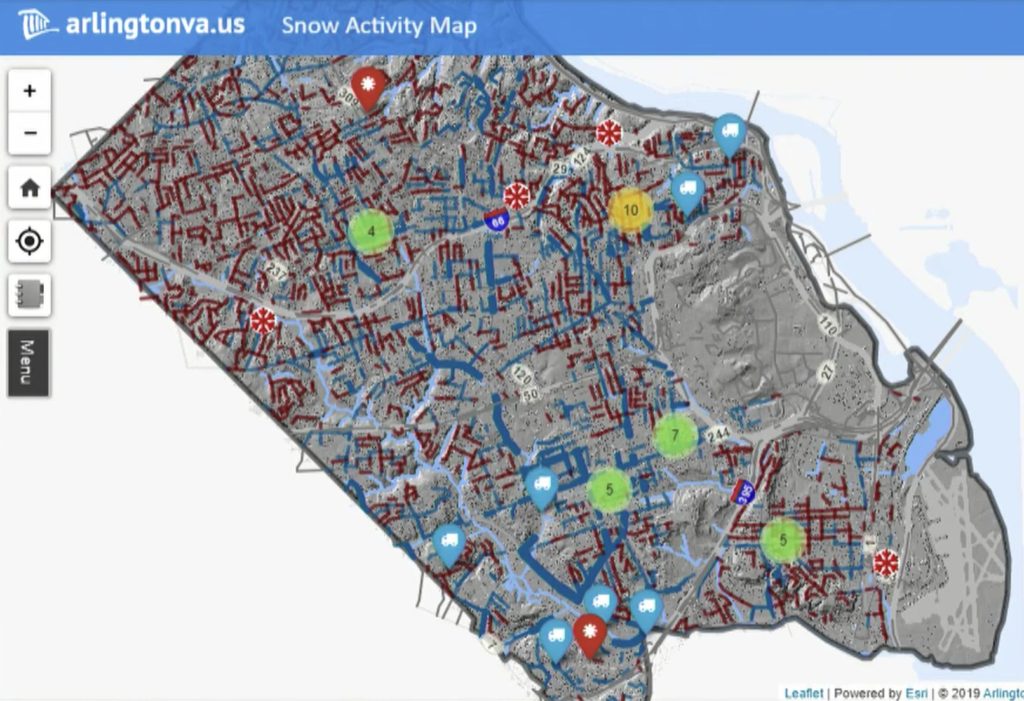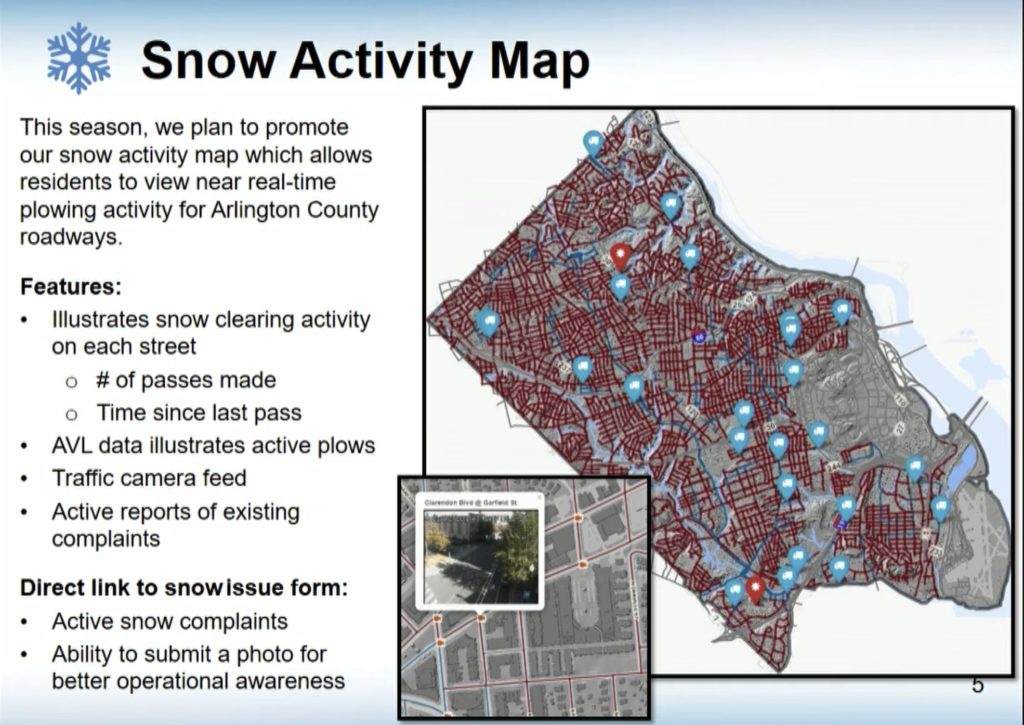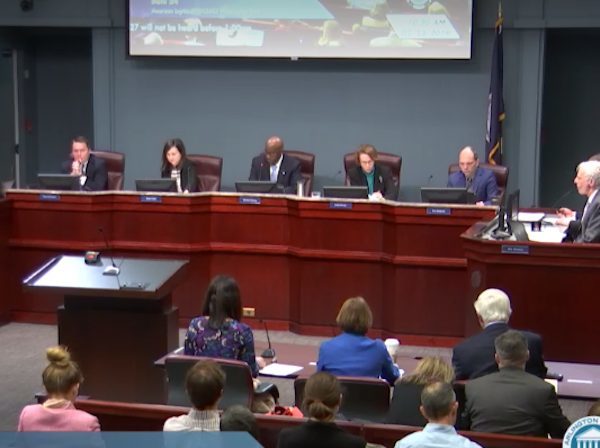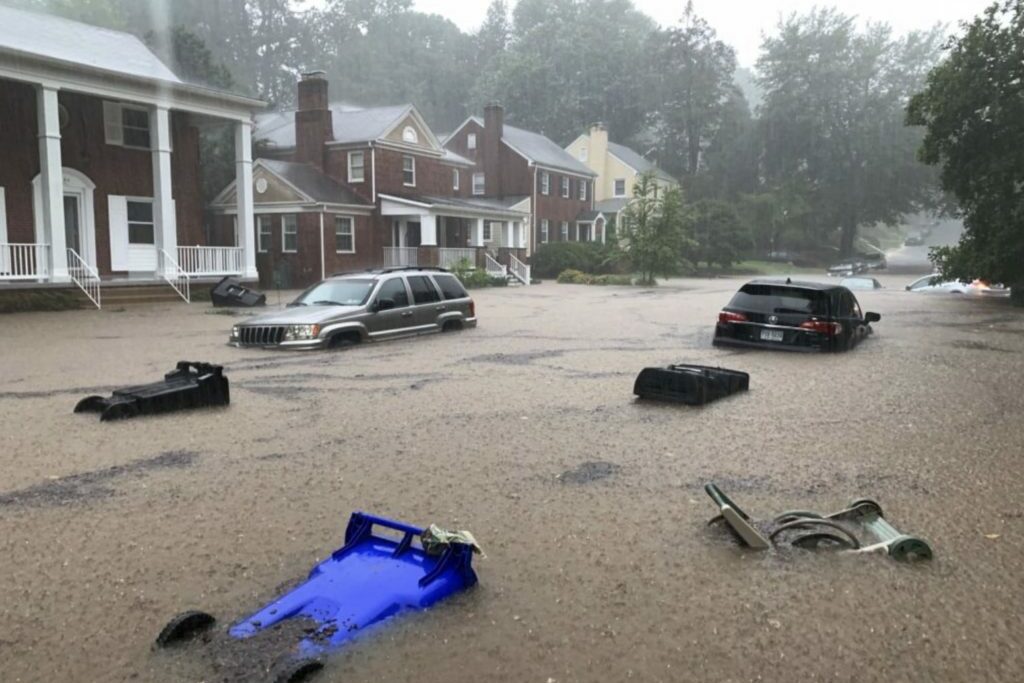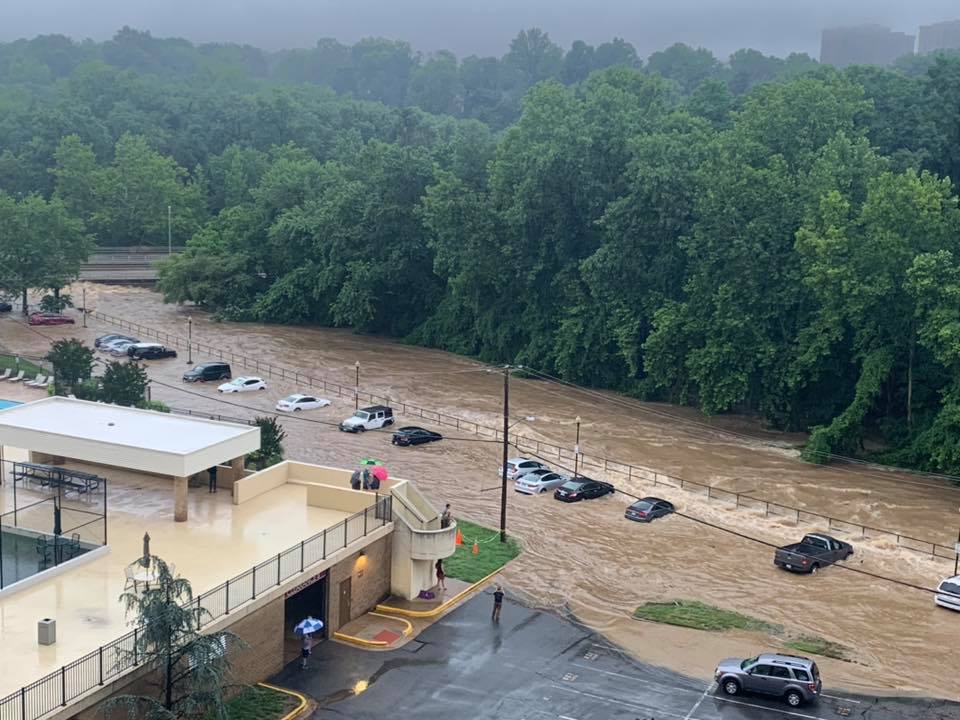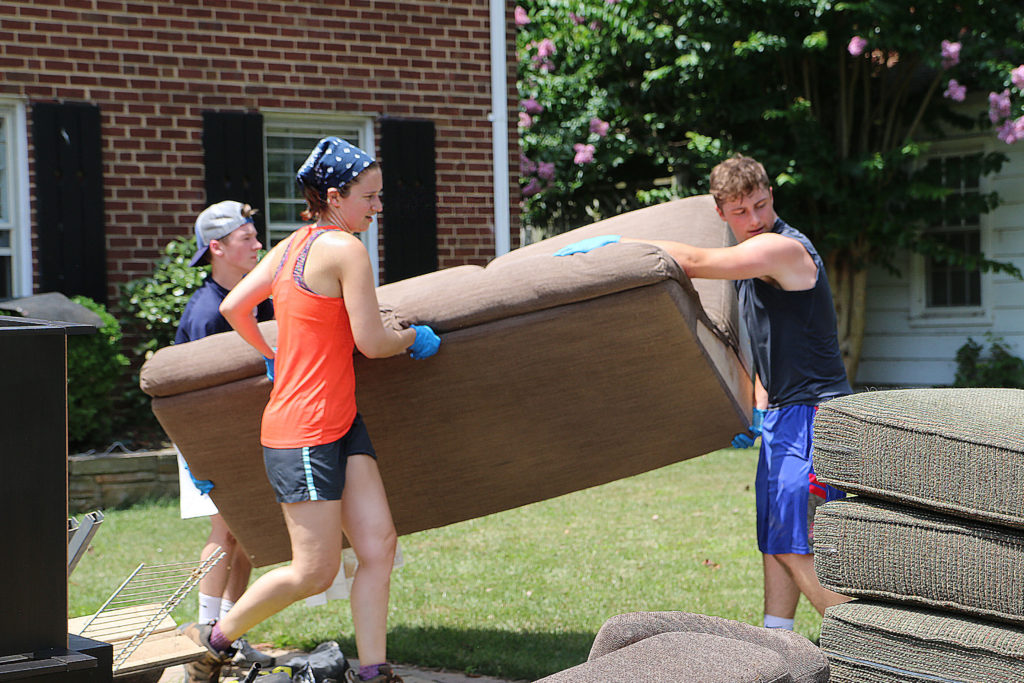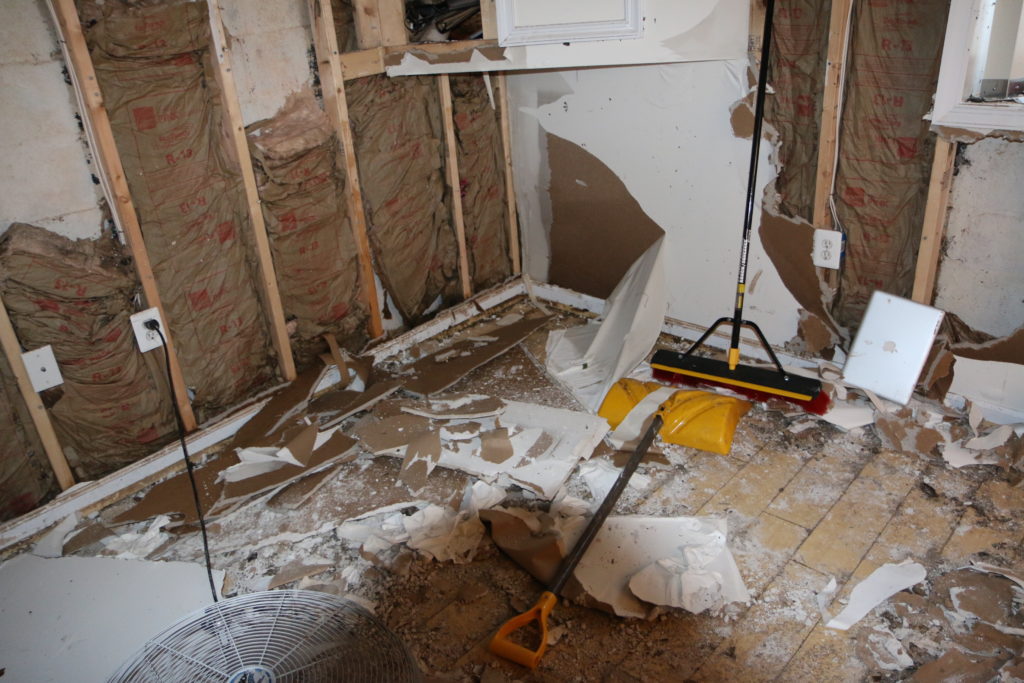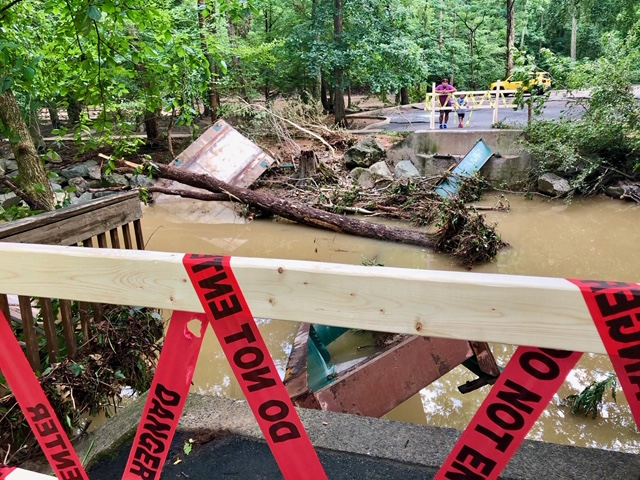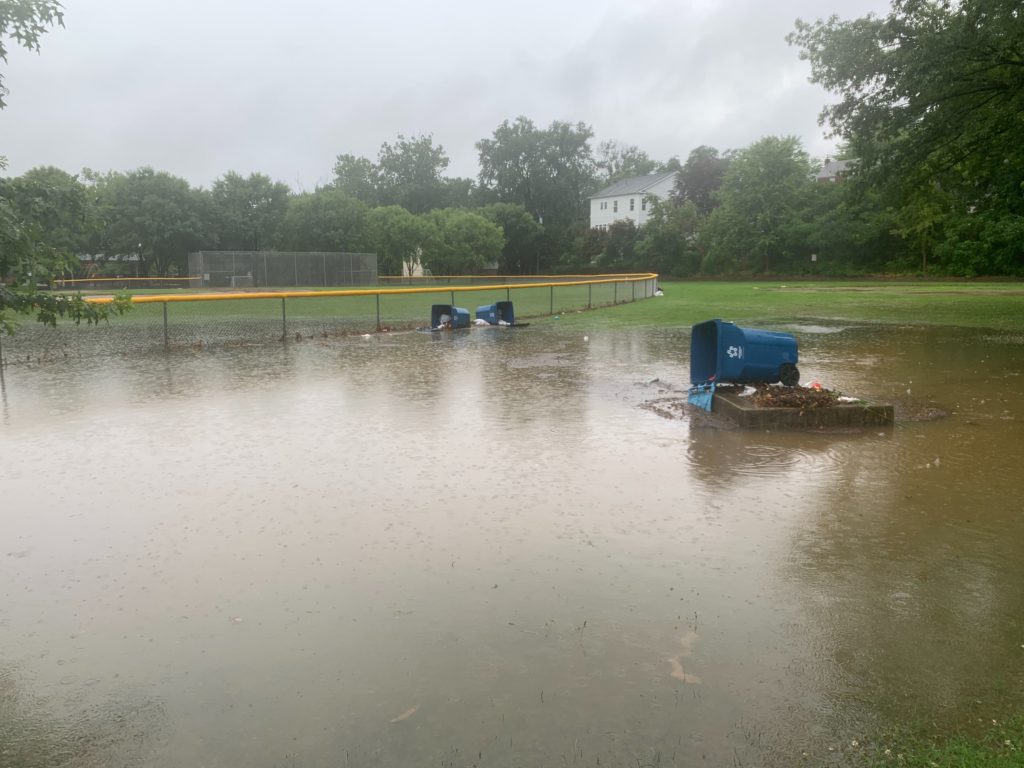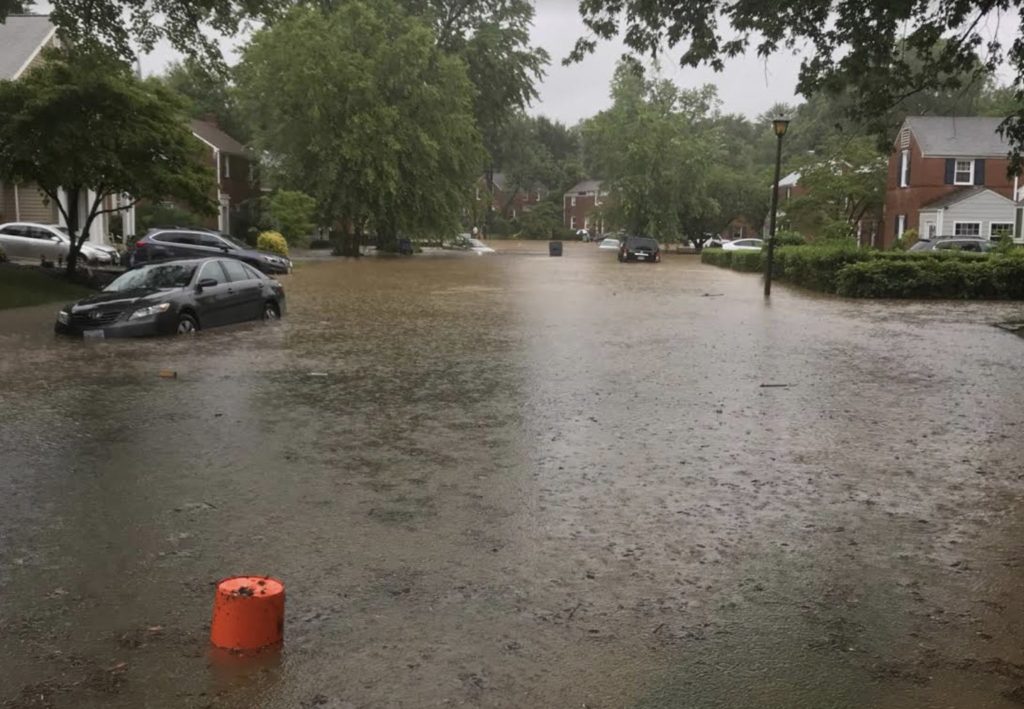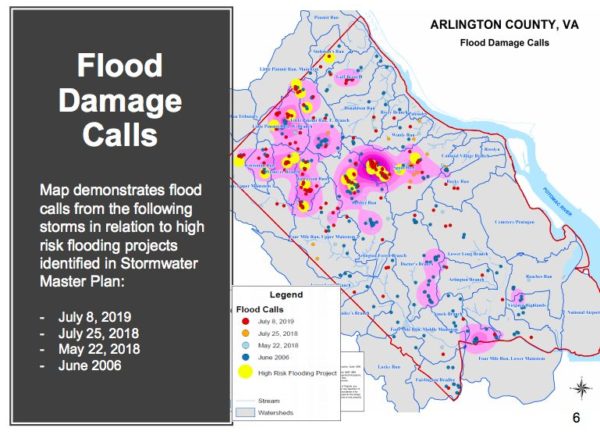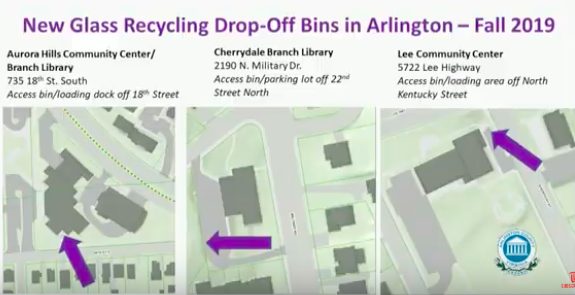No raises, few areas of additional spending and a couple of delayed openings.
That’s the summary of County Manager Mark Schwartz’s revised budget proposal, as announced by Arlington County on Monday afternoon.
The new Fiscal Year 2021 proposed budget “focuses on core essential services of government, retaining the existing workforce and proactively responding to the pandemic,” the county said in a press release.
The revision comes as Arlington expects a projected $56 million drop in revenue as a result of the coronavirus pandemic, dealing Schwartz’s formerly “good news budget” a $34 million reduction while tacking on $21.6 million to Arlington Public Schools’ already sizable budget gap.
Local and state governments have been bracing for big reductions in revenue as the pandemic causes sales tax, meals tax, hotel tax and other types of revenue to plummet.
Schwartz’s new budget proposal allocates more than $10 million for relief efforts, including food assistance, help for local businesses and nonprofits, and employee assistance. County services in the new budget are mostly kept as the current budget year’s levels, and proposed county employee pay increases have been nixed, per the county press release.
Other proposed, money-saving efforts including delaying the openings of the newly-built Lubber Run Community Center and Long Bridge Park aquatics center, as previously suggested by County Board Chair Libby Garvey.
The County Board will now hold a joint budget and tax rate hearing at 7 p.m. on Thursday, April 23. Final budget adoption is scheduled for Thursday, April 30.
After advertising no tax rate increase, the County Board can only keep the current rate steady or lower it. The average homeowner is still likely to pay more in property taxes, however, given a rise in property assessments.
The full county press release is below.
As the County faces the impacts of the COVID-19 pandemic, County Manager Mark Schwartz presented the Arlington County Board with a revised FY 2021 Proposed Budget that focuses on core essential services of government, retaining the existing workforce and proactively responding to the pandemic.
County staff estimates a nearly $56 million drop in anticipated revenue for the FY 2021 budget–$34.0 million on the County side and $21.6 million for Arlington Public Schools.
“What was unthinkable two months ago is now in front of us,” Schwartz said. “Businesses have laid off staff, residents have lost jobs, schools have closed and only the most essential functions continue.”
In February, Schwartz presented a budget that added back targeted investments in areas that were falling behind after two years of reductions. Now, his revised budget maintains only the current levels of service, removes all salary increases, places many projects on hold, uses funds from the Stabilization Reserve, and removes almost every addition proposed only a few weeks ago.
The budget delays the opening of the Lubber Run Community Center and the Long Bridge Park Fitness & Aquatics Center until FY 2022.
The County Manager’s revised budget also responds to the pandemic. It provides funding to meet projected demand in direct life/safety services to our residents, such as housing grants, permanent supportive housing, and identifies $2.7 million for emergency needs, such as food assistance. An additional $7.5 million is set aside for potential assistance to small businesses and nonprofits, service delivery recovery and employee support, and possible additional shortfalls in revenue.
The County Board now will take up the Manager’s proposal and is expected to vote on the amended budget on Thursday, April 30. There will be a public hearing on the new FY 2021 budget proposal, followed immediately by a tax hearing, on Thursday, April 23, at 7:00 p.m.
Before the pandemic, the County Board voted to advertise a tax rate of $1.013 per $100 of assessed value for Calendar Year 2020 ($1.026 including stormwater). By law, the Board can adopt a tax rate no higher than the advertised rate.



